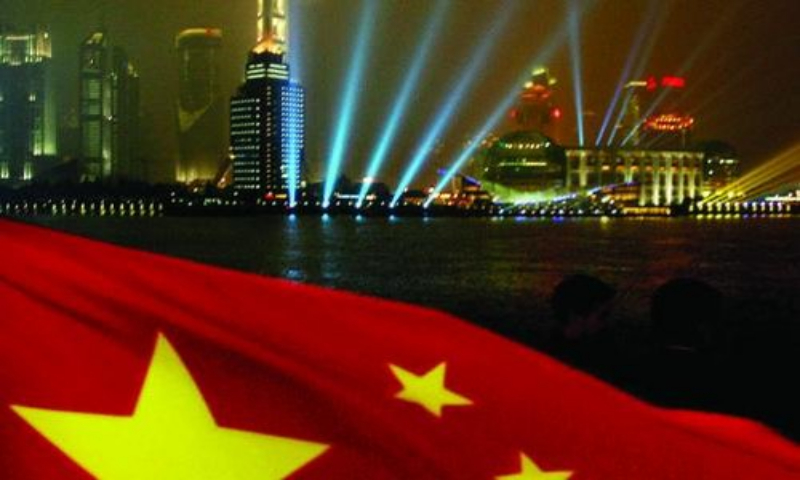China Continues To Make Significant Strides Forward In Economic Reform
By London Paul

2018 marks the 40th anniversary of when China began the adoption of reform and what is termed an “opening-up” policy. This policy was initiated by former Chinese leader Deng Xiaoping and it has transformed China into the world’s second largest economy.
Since the initiation of these reforms, China has embarked upon widespread economic reforms in both rural and urban areas, gradually replacing its planned economy with a system prioritising the market’s role. China has also set up special economic zones and opened its market up to the world in the shape of the One Belt One Road (OBOR) initiative and countless other bilateral trade agreements.
Thanks to these reforms, China’s economy has made huge progress over the last few decades. Its GDP reached 82.7 trillion yuan last year, which is about 230 times that of 1978. China has lifted nearly 800 million people out of poverty and plans to eradicate poverty, in its entirety, by 2020.
Xi Jinping has expressed his vision of building a community with a shared future for mankind and has stated that China will keep contributing Chinese wisdom and strength to global governance. China however never rests on its laurels and is now beginning to fine tune this policy in order to ensure that its development is both more accessible and more sustainable.
In 1992, Deng Xiaoping stated that China should allow certain regions and people to get rich first and then gradually seek to expand such prosperity across the entire country. On that basis, Chinese authorities sought to boost GDP growth which sometimes came at the expense of accessibility, sustainability and the environment.
China is now in the process of shifting its focus from quantity to quality, balancing the aforementioned effects of its policies, with Xi stating that whilst China’s overall productivity has significantly improved and in many areas their production capacity leads the world, their problem is that their development is unbalanced and inadequate.
At the 19th Communist Party of China (CPC) National Congress, President Xi stated that China has entered a stage of high-quality development that will be a pivotal stage for transforming China’s growth model, improving its economic structure and fostering new drivers of growth.
Under Xi’s leadership, a new type of economic system is taking shape in China, featuring large-scale supply-side structural reform, coordinated regional development and a new pattern of overall opening-up. While maintaining steady economic growth, China has also deepened supply-side structural reform, which is becoming a new growth driver.
Since the OBOR Initiative was put forward in 2013, China has signed cooperation agreements with 80 countries and organizations and conducted institutionalized capacity cooperation with more than 30 nations. Chinese enterprises have invested over 50 billion US dollars in countries along the routes and has already created 200,000 jobs.
Xi has vowed to build China into a great modern country that is prosperous, strong, democratic, culturally advanced, harmonious, and beautiful. Many would argue that this is both over ambitious and quite simply unachievable. However in the case of China they are not obstacles as witnessed by the phenomenal policy initiatives which has transformed China in recent decades. The west continues to make the huge mistake in looking at China through their own eyes, something which has made them myopic to what exactly China is seeking to achieve and what it is actually capable of implementing in the process.
If you like London Paul's articles reproduced here and regular appearances on the RogueMoney radio show, consider subscribing to The Sirius Report for the low cost of $4.75 per month